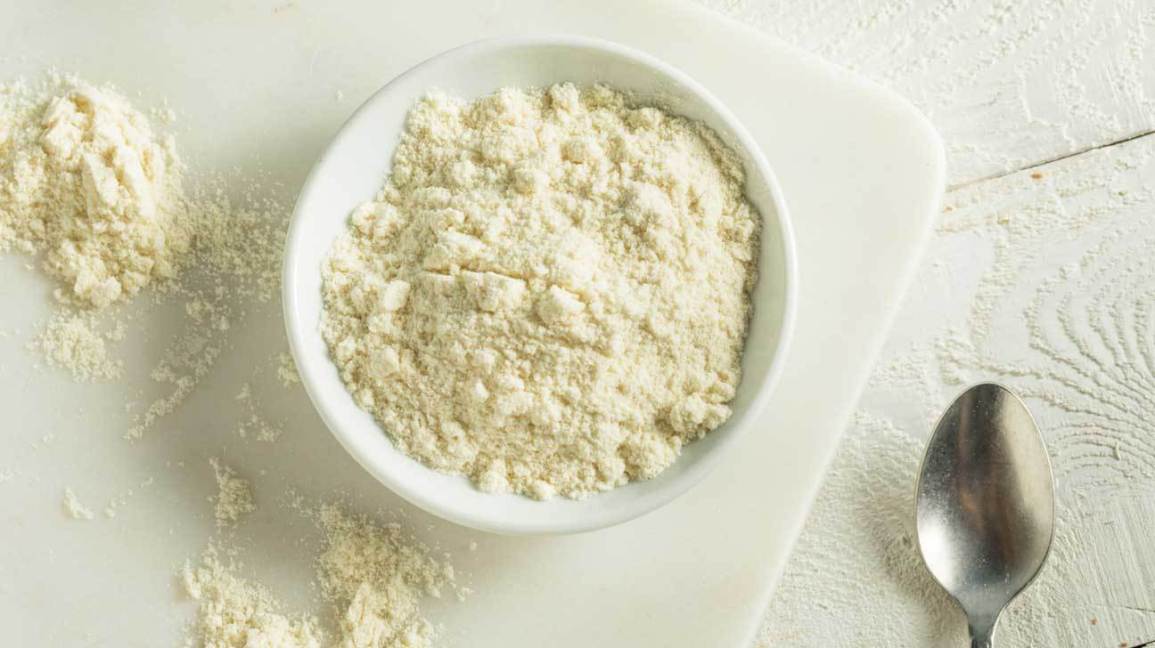High quality whey protein is excellent for increasing muscle mass. But the problem is there is lots of information about it that makes people scared to add it to their diets. In this article, we will explore six whey protein myths, and we’ll show you why they aren’t true. Then, you can decide whether this protein supplement is right for you, or not.
It Causes Bloating
Most people don’t realize it is a dairy product. As such, many people suffer from bloating and other gastronomical problems due to their lactose intolerance. But it comes down to food habits and genetics. If you are a lactose intolerant person, whey protein isolate is among the types of whey protein you need. You’ll get all of the benefits of the whey, without the lactose side effects. It is lower in fat and lactose due to its refinement. Therefore, it should not cause any problems, even if you are a lactose intolerant person. But many people don’t understand this nuance, and often blame whey protein for unrelated bloating. On the other hand, many regard whey protein as some sort of elixir. That’s not true, either. Quality whey protein is a great supplement when taken in conjunction with a healthy diet and exercise program.
It’s Not Good For Weight Loss
Studies have shown that using whey protein regularly does have a great impact on weight loss. This can happen if you use it to replace high-fat protein sources like pork and red meat. The calories you save will result in inches off of your waistline. Furthermore, if you maintain a balanced diet and exercise routine, you’ll save even more calories.
In addition, some people report that whey protein acts as a healthy appetite suppressant, due to its heavy texture and high protein content. As you might already know, most weight loss programs are very specific about creating a caloric deficit in the body. So, replace those lost calories with a quality whey protein source. You just might lose some weight and get your desired physique.
It Can Be Used After The Expiration Date
You can probably use a good quality whey protein well after its expiration date. This will depend on how well you stored it. For example, if you refrigerate your protein and keep it well-sealed, it will last much longer than if you store it in a warmer environment or expose it to the outside air.
It Can Cause Acne
Another misconception about whey protein is that it can cause acne. But this has to do more with a person’s dietary habits than the amount of whey protein they consume. While it is generally believed that overconsumption of whey can cause acne, it appears that there is no clinical evidence to that effect.
Whey Protein Can Cause Hair Loss
Again just like it is with acne and break out, whey protein can not make you go bald. This has more to do with genetics, hormones, and other factors. For example, stress may cause hair loss. In addition, individuals who take anabolic steroids in conjunction with their whey protein may experience various side effects. These, in turn, may be misassociated with quality whey protein, rather than the actual cause for hair loss.
Whey Protein Can Make You Constipated
Whey protein in and of itself generally does not cause constipation. It is more likely that this would be caused by the lack of fiber in a diet. If you don’t eat enough vegetables or fruits, however, constipation may become more likely. But if you maintaining a healthy lifestyle, then you are more likely to have healthy bowel movements, too.
Whey Protein Can Lower Cholesterol
Whey protein does not lower your cholesterol. However, if you replace high fat foods with whey protein, then you may experience positive health benefits.








